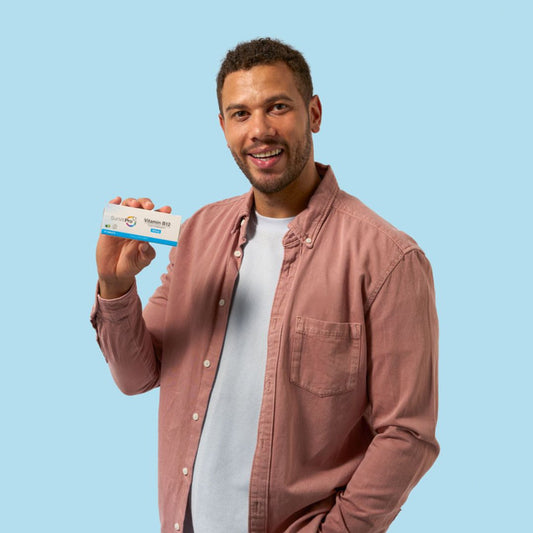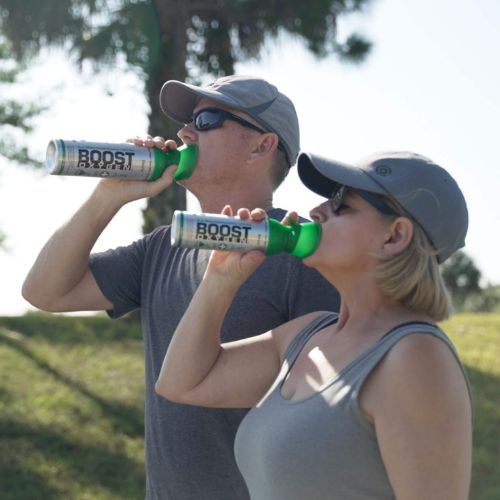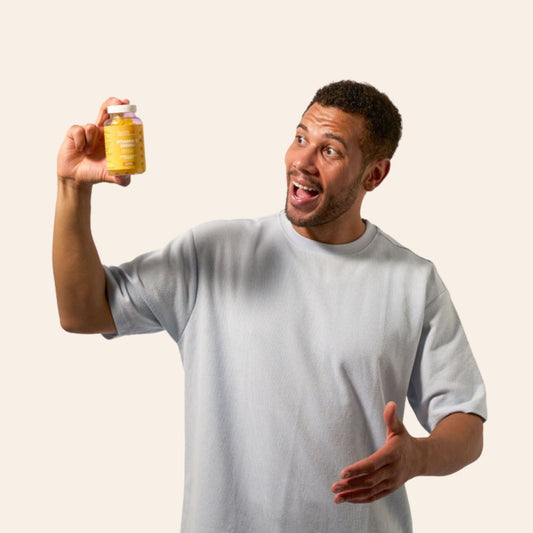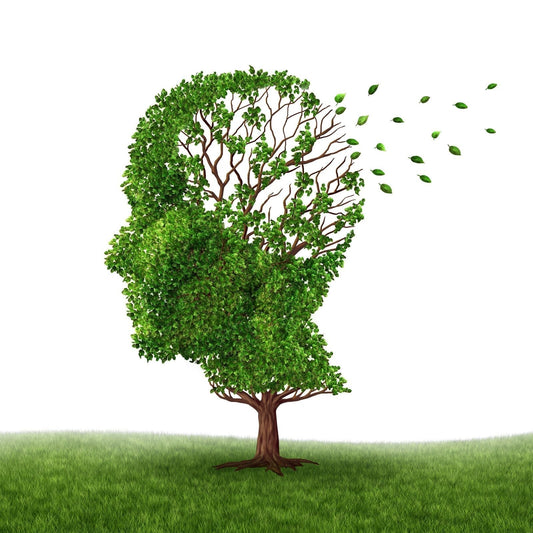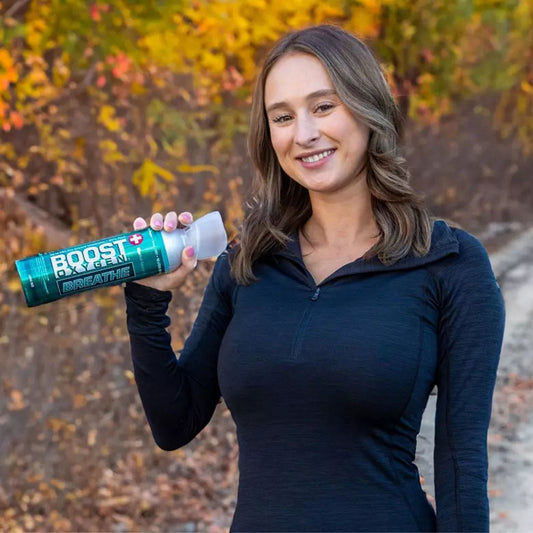
Vitamin D is known as the sunshine vitamin, and occurs naturally in a few foods, including fish such as salmon and sardines, fish liver oils, egg yolks and in fortified dairy and grain products. Although it is difficult to get enough Vitamin D from diet alone.
How would you know if you have vitamin D deficiency?
Vitamin D3 deficiency effects the following people:
- The over 65's
- People with darker skin
- Pregnant or breastfeeding women
- Underline health issue or low immunity
- Anyone who works indoors and therefore does not get enough sunlight

Recommended vitamin D dosage!
The recommended daily maintenance intake is between 400IU & 2,000IU daily as outlined in the NICE (National Institute for Health and Care Excellence) guidance.
However, doctors may prescribe 800IU (20 micrograms), especially if you have a bone condition such as osteoporosis.
Even if you are ‘deficient,’ that is, you have had a test that shows very low levels of vitamin D in your blood, this 800IU dose is often sufficient.
According to the National Osteopororsis Society (NOS), if a blood test shows very low vitamin D levels, and you are also getting bone pain as a result then higher doses may be prescribed to rapidly improve your these levels.
Symptoms of a lack of vitamin D
One of vitamin D’s most important roles is keeping your immune system strong so you’re able to fight off viruses and bacteria that cause illness.
If you suffer regularly from colds and coughs, low vitamin D levels may be a contributing factor.
As the NHS article (1) states, a lack of vitamin D can lead to bone deformities such as rickets in children, and bone pain in adults. It is well known that vitamin D plays a crucial role in calcium absorption and healthy bones. Older people over 65 years are one of the “at risk groups” of vitamin D deficiency as identified by the NHS and so are advised to take a supplement to help with calcium absorption.
In addition to bone pain, health practioners report that when vitamin D levels are low, symptoms may also include tiredness, weakness and muscle pain. They also advise that you may be at greater risk of developing conditions such as diabetes, heart diseases, certain cancers and possibly weight gain.
How to combat low levels of vitamin D
The good news is that lack of vitamin D is easy to fix. So, what can you do to help your Vitamin D levels? SunVit-D3 supplements are a convenient and cost-effective way to give you the peace of mind to ensure you’re staying healthy throughout the year. Our bestselling 400IU tablets or capsules, and 800IU tablets and capsules, will provide you with the perfect amount of Vitamin D, even if you’re out and about in the sunshine daily.
Here's more good news for vegans
Many supplements are not suitable for vegans as they are made from cholecalciferol derived from lanolin, extracted from sheep’s wool. SunVit-D3 has a vegan friendly vitamin D3 range that uses plant-based cholecalciferol, ideal for vegetarians and vegans, approved by the Vegan Society UK.





